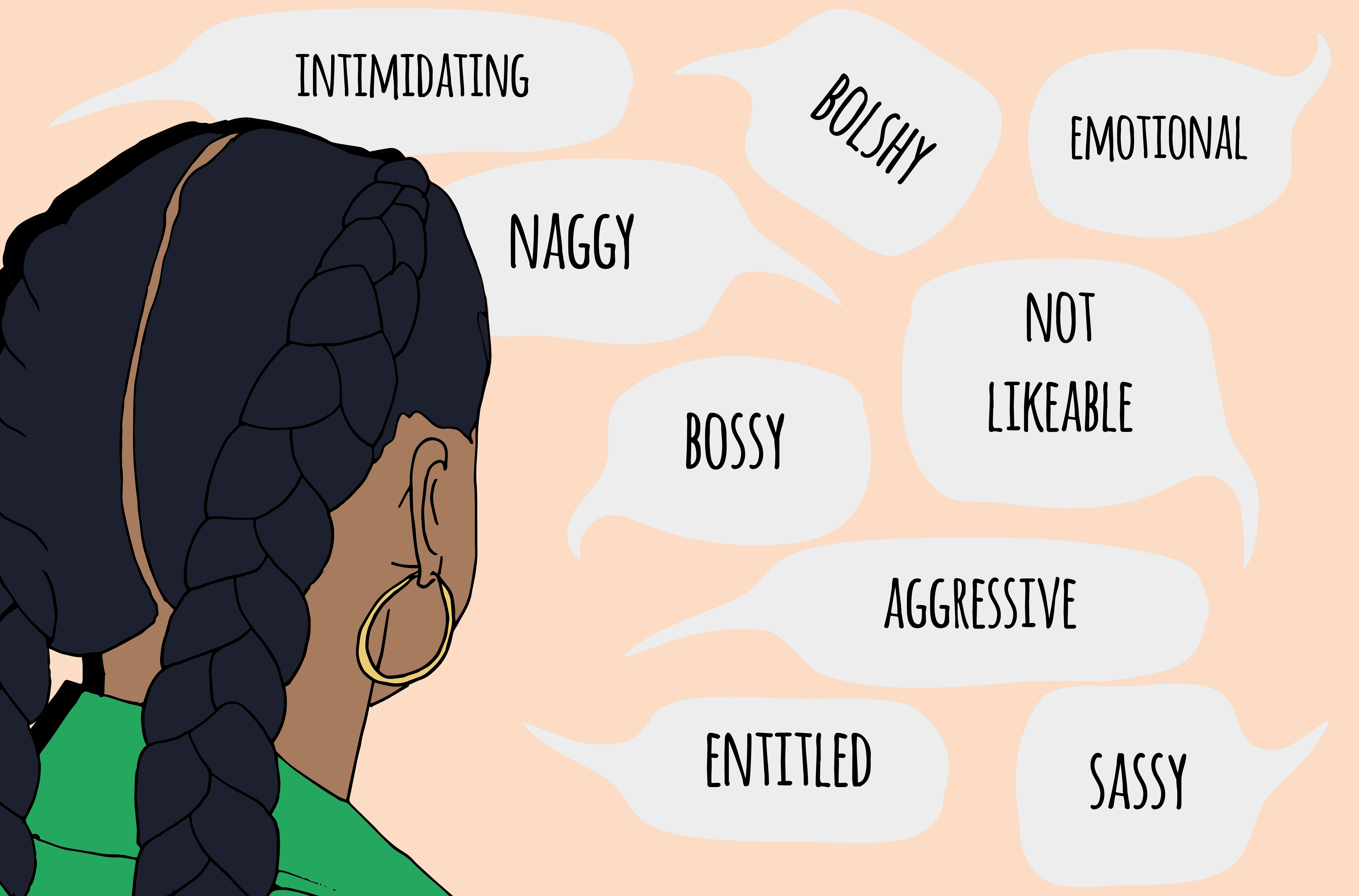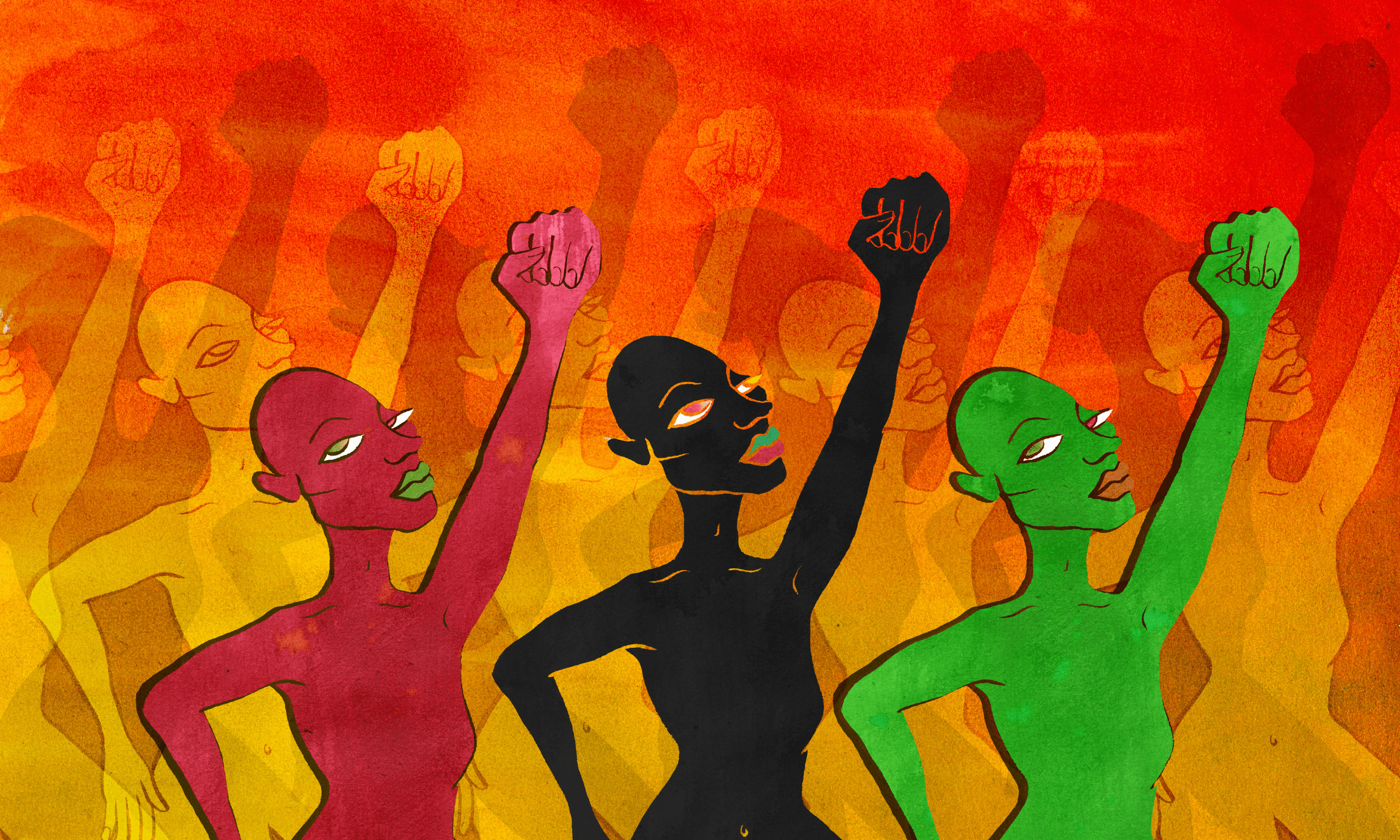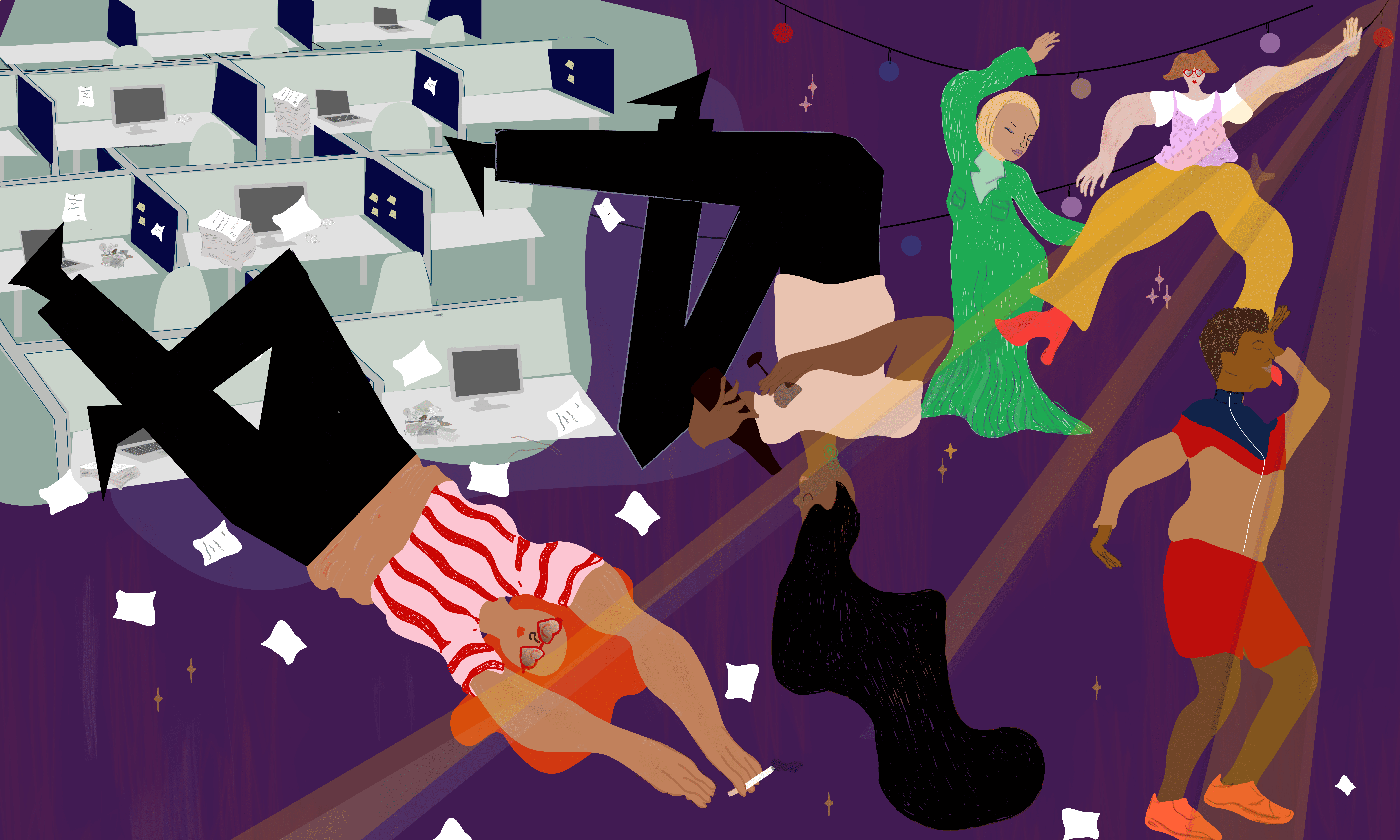
Bolshy, sassy, intimidating: words used to deny WOC their voice in the workplace
Kahra Wayland-Larty
23 Dec 2017
I recently left a job at an organisation where I was worn down to a shadow of myself. After grappling for months with anxiety and severe self-doubt, I finally took the leap. And though almost instantly revitalised and reassured in my own value in the workplace, there are bruises and scars from that experience that will endure.
The event running over and over in my head is my final one-to-one with the director – a chat we’d agreed to because we were both upset that things hadn’t worked out, and wanted to at least salvage some learnings. But what had seemed at first to be an honest and constructive conversation was laid to waste in one wrecking statement from him: “You are bolshy though”.
His assumption was that had I had any “real” concerns about projects, workplace culture or decision making, my tendency to speak out would protect me from oppression. But my concerns were real. And I did speak out, time and time again, because I trusted in that organisation, in my colleagues and our shared politics. And I was ignored, repeatedly; my continued outspokenness put down, apparently, to a personal character flaw.
“It’s a losing game for women with opinions. We take on the emotional labour of self-policing to preserve the sensitivities of others”
We know the old adage of women being called “bossy”, while men are called “the boss”. We’re called bitches, nags, sassy or overly emotional, while male counterparts are praised for insight and leadership, as their parallel concerns or criticisms are taken wholly seriously.
We see it often in politics – it’s hard to reconcile femaleness with an ability to speak with authority and power. Women with these inherently “masculine” traits are written off as “not likeable”, obstinate, or entitled. The more “feminine” are deemed unsuitably weak, shrill, or stupid. And for women of colour, there’s the added risk of even more hurtful accusations of “aggression” and “intimidation” from our white female would-be allies.
It’s a losing game for women with opinions. We take on the emotional labour of self-policing to preserve the sensitivities of others. And when we do speak up, we’re simultaneously ignored, reviled, and assumed to be tough cookies who can look after ourselves. It’s true, I am a tough cookie – like most women of colour, I have to be. If we exposed ourselves fully to the injustices, micro-aggressions and plain bullshit we face day-in-day-out, we wouldn’t get anything done. So we put on our armour and get on with it.
“Forcing staff to raise concerns over and over again, pushing them to emotional breaking point before you take notice, does not make them naggy, bossy or emotional. It makes you a bad employer”
This is enough of a minefield to navigate in our personal and social lives, but at work, it’s simply unprofessional. So let’s be clear ladies: raising concerns about organisational failings or professional incompetencies is not bolshy, sassy or intimidating. It’s our job. And especially when your job is to change things in the world for the better, it’s a quality that should be lauded and appreciated, not ignored or beaten out of you.
And let’s be clear gents, white colleagues and superiors: the genuine concerns of WOC, especially those that might question your own competency, are not fair game for character assassination. Failing to deal with, or even acknowledge as genuine, the inputs, criticisms and challenges raised by any member of your team is a failing on your part. It’s time to seriously question why your instinct is to undermine or dismiss, rather than to listen and act. Forcing staff to raise concerns over and over again, pushing them to emotional breaking point before you take notice, does not make them naggy, bossy or emotional. It makes you a bad employer.
One of my mottos of late is “we’re not depressed, we’re oppressed”. It’s a realisation that’s given me a lot of relief, as I’ve accepted that a lot of what goes through my head is not down to something inherently wrong with me. But it is a very normal reaction to things that are very wrong, and often out of my control, in the world.
So processing this experience, though it’s been hard, has helped me to apply that motto to my life at work. I’m not comfortable being called bolshy – it’s a word that can only serve to oppress me. It’s an inherently negative word, reserved in the main part for people who are both outspoken and women. And since the latter won’t be changing, it seems the only way to lose my bolshy title is to lose my outspokenness. Since I won’t be doing that either, I’ll have to challenge the monicker.









